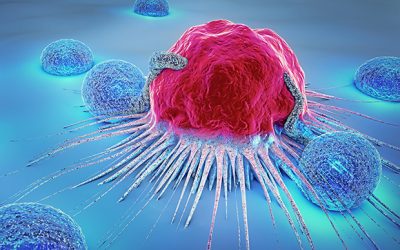Researchers from the Francis Crick Institute have identified a new treatment target for cyclin-dependent kinase-like 5 (CDKL5) deficiency disorder (CDD), a common form of genetic epilepsy.
CDD is a rare neurodevelopmental condition that is characterised by early-onset epilepsy, low muscle tone and developmental challenges in children.
The condition involves losing the function of a gene that produces the CDKL5 enzyme, which phosphorylates proteins, by adding an extra phosphate molecule to alter their function.
Funded by the LouLou Foundation, scientists studied mice that do not produce the CDKL5 enzyme to replicate the symptoms of people with CDD.
After identifying that CDKL5 is active in the nerve cells of mice, researchers measured the level of phosphorylation of a molecule known to be targeted by CDKL5 called EB2. They found that some EB2 phosphorylation remained in the mice, suggesting that another similar enzyme was phosphorylating it.
Researchers then found an enzyme similar to CDKL5, called CDKL2, which is present in human neurons and targets EB2. Using the mouse model, researchers revealed that in mice without either of the enzymes, EB2 phosphorylation almost fully disappeared.
The team concluded that around 15% of EB2 phosphorylation comes from CDKL2 and less than 5% comes from another enzyme yet to be identified. Increasing levels of CDKL2 in CDKL5-deficient people could potentially treat some of the effects on the brain in early development.
The team is now investigating whether mice without CDKL5 can be treated by stimulating the brain cells to produce more CDKL2.
In addition, the lab is working with biotechnology companies to identify molecules that increase CDKL2 and lead to potential new treatments for CDD.
Margaux Silvestre, postdoctoral researcher, Max Planck Institute for Brain Research, said: “Our discoveries offer fresh insights into the expression and regulation of CDKL5 in the brain.”
“If we can increase levels of CDKL2, we might one day be able to stop symptoms from developing or getting worse,” said Sila Ultanir, group leader, kinases and brain development laboratory, the Crick.










